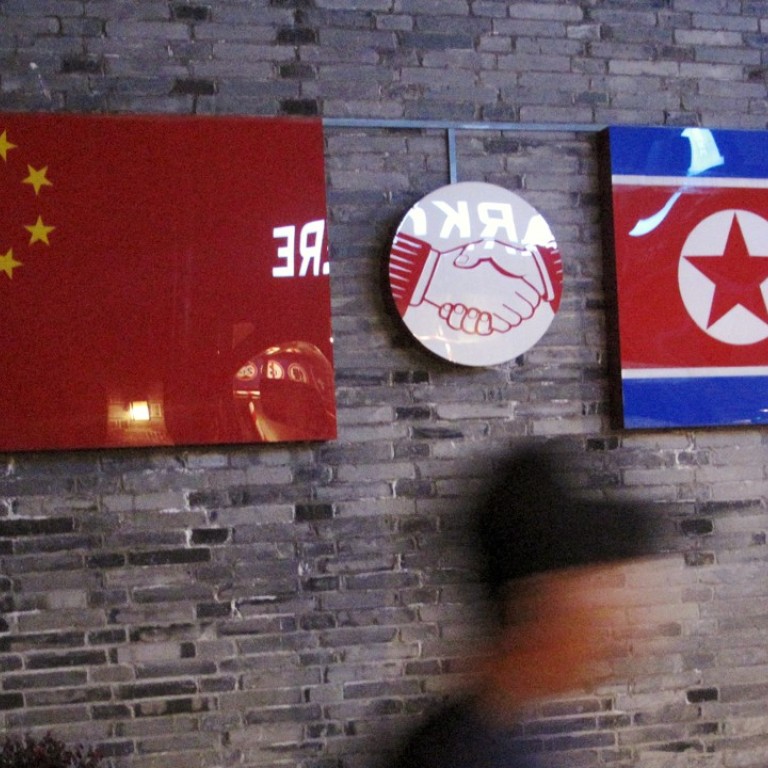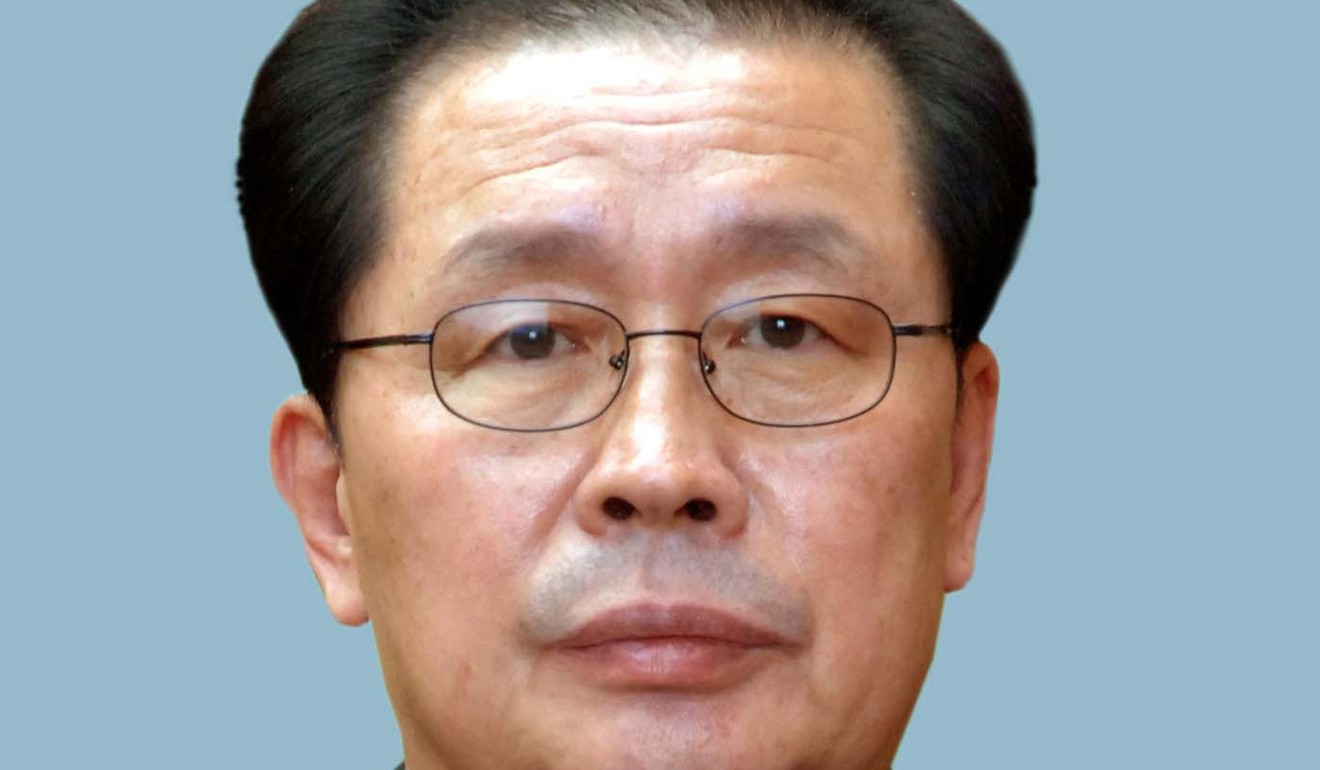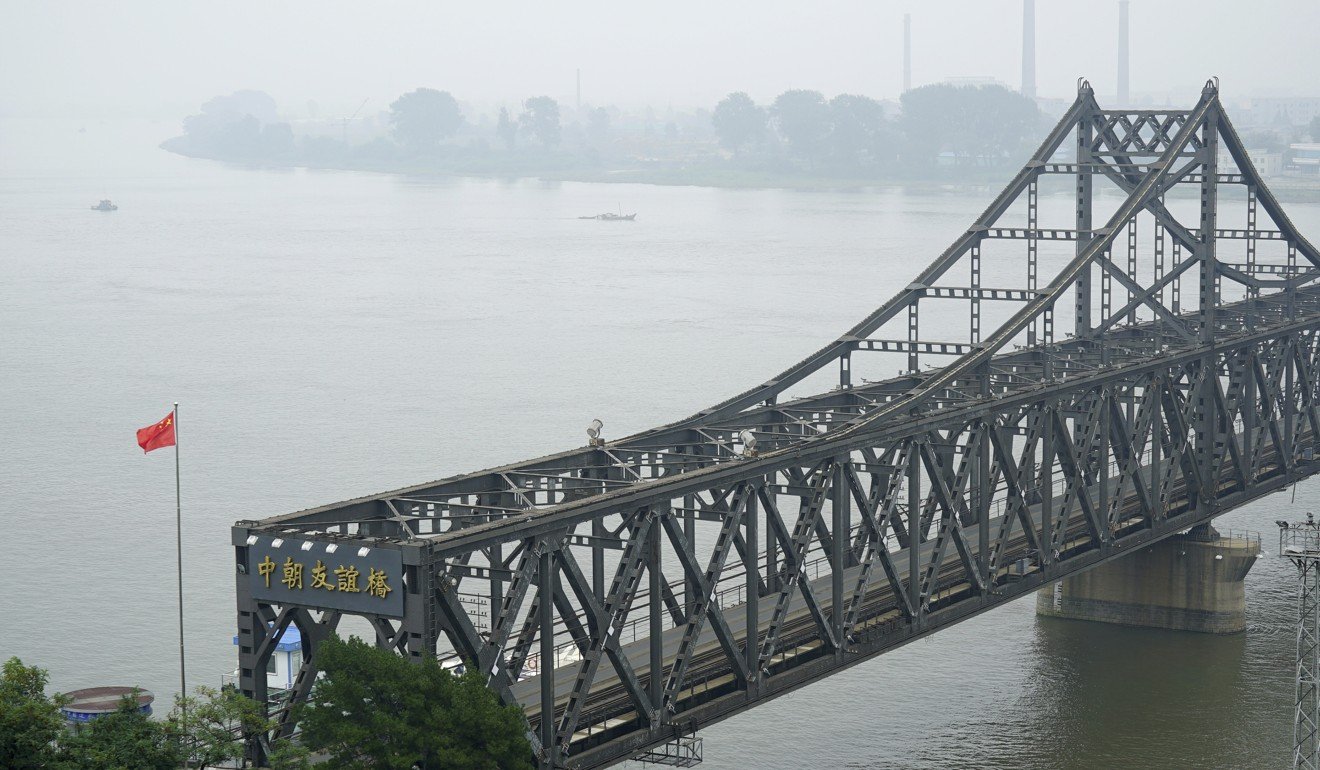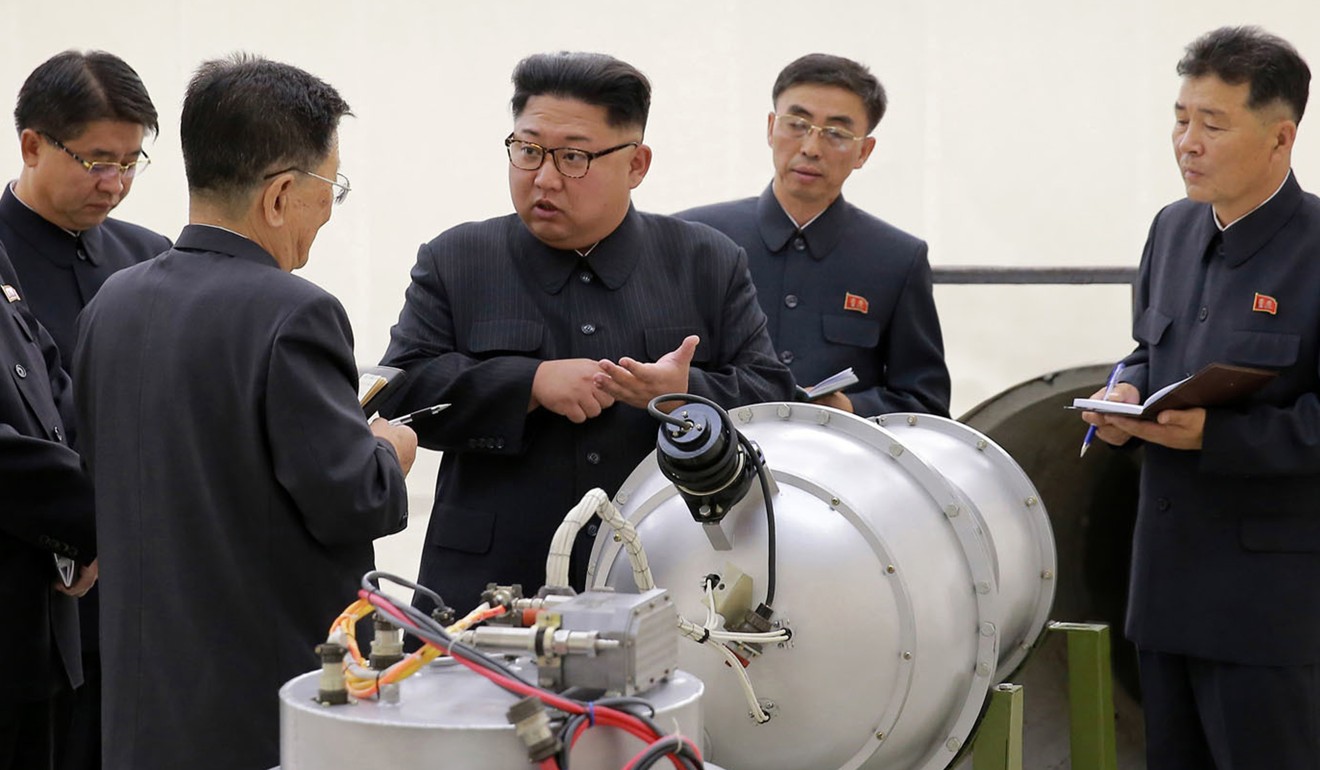
No matter what China does, it may not be enough to stop North Korea’s nuclear ambitions
Pyongyang has indicated it will do whatever it takes to build up its arsenal even if it can no longer rely on Beijing’s support
After nearly a year of anticipation, North Korea finally went ahead with its sixth and largest nuclear test to date.
Based on early seismic evidence, it became apparent that the device Pyongyang had tested had likely yielded an explosion an order of magnitude larger than the device tested in its previous test in September last year.
Tremors were immediately felt on the other side of the Yalu and Tumen Rivers, in China – once North Korea’s closest and most important neighbour. Today, owing to its economic importance to Pyongyang, Beijing is perhaps just the latter.
The relationship between China and North Korea is often described with reference to Mao Zedong’s apocryphal description of the two countries being as “close as lips and teeth”. But it is known to have declined considerably under Kim Jong-un
Beijing’s unease was apparent as early as 2012, but it intensified the following year when Kim executed his uncle Jang Song-thaek, who had been one of the major intermediaries between the two countries during the rule of the North Korean leader’s father, Kim Jong-il.
Since an October 2015 visit to Pyongyang by Liu Yunshan, a member of the Communist Party of China’s Politburo Standing Committee, no serious high-level summits between the two countries have taken place.
A 2016 meeting between Ri Su-yong, North Korea’s foreign minister at the time, and President Xi Jinping led to a rare photo-op of the Chinese leader with a senior figure from Pyongyang but yielded few results.

North Korea’s sixth nuclear test once again puts China’s relationship with its troublesome neighbour under the spotlight.
Beijing has publicly condemned the test and continued to stick to its preferred solution of de-escalating tensions between the United States, South Korea, and Japan, on the one hand, and North Korea on the other.
China, along with Russia, is proposing a “freeze-for-freeze” as a first step towards a more comprehensive diplomatic process involving multiple regional stakeholders.
Under this framework, the United States and South Korea would modify their military exercises in exchange for North Korea agreement to a moratorium on ballistic missile and nuclear testing.

However, what remains unsaid, is the extent to which China may be willing to use its considerable economic leverage to punish Pyongyang for its behaviour.
Trade with China accounts for 85 to 90 per cent of North Korea’s overseas trade and while its other important trading partners, including India and the Philippines, have taken steps to better implement existing UN Security Council sanctions, Beijing remains a laggard.
China has in recent years agreed to increasingly expansive UN Security Council sanctions against North Korea, but has repeatedly transgressed when it comes to limiting imports (for example, on coal).
Its recent acquiescence to Resolution 2371 – the latest round of UN sanctions – is unlikely change this.
Policymakers in the United States often cite China’s lack of good faith when implementing sanctions as a major obstacle in their attempts to punish North Korea for its provocative behaviour. But recent years may have revealed a more worrying state of affairs: China, try as it might, may no longer hold the key to punishing North Korea.

While North Korea’s founding ideology of juche, or self-reliance, may seem like an overstated propaganda tool, it has repeatedly shown itself to be capable of following its paramount strategic objective of a building a nuclear deterrent no matter what the cost.
Even an oil embargo, which could be easily implemented should Beijing acquiesce, may be limited in its capacity to punish the juche state.
Should oil become inaccessible, Pyongyang may turn to coal liquefaction. Its oil consumption has already declined from its heyday in the 1990s.
Of course, Beijing is unlikely to agree to an embargo or even an expansion of sanctions; authoritative reports in Chinese state media have echoed Russian President Vladimir Putin in the wake of this last nuclear test in stressing the ineffectiveness of sanctions.
China’s fundamental calculation, even after the sixth nuclear test, remains that a nuclear-armed North Korea is preferable to a North Korea where the regime may teeter on the brink of collapse or where a humanitarian crisis leads to massive refugee inflows to China.
Accordingly, despite the significant increase in the explosive yield of this most recent and extraordinary test, China’s basic response remained ordinary.
Beijing simply lacks the will to take on North Korea in ways that would count.
But above all, North Korea’s nuclear forces may tell us that self-reliance is now its only option. China, from Pyongyang’s perspective, can no longer be relied upon as a patron.
The kind of diversified nuclear force North Korea is assembling suggests a deeply insecure state that expects to have to one day fight and fight alone against the world’s foremost nuclear superpower and its allies.

